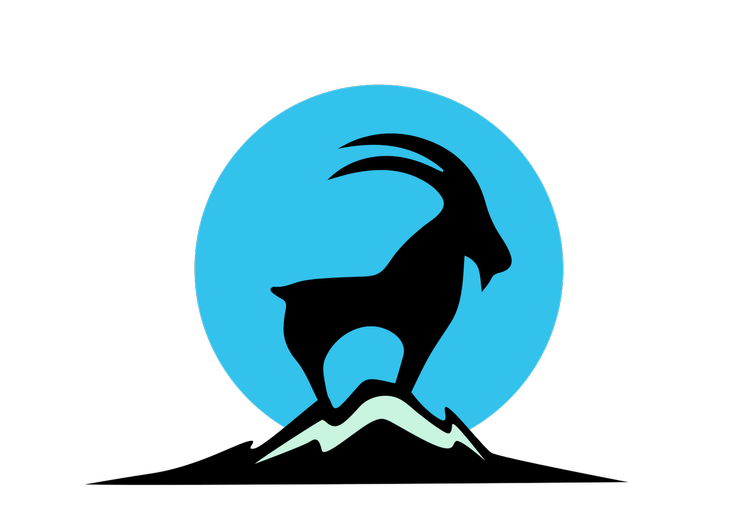What a Cup of Tea Might Mean
“Experience is, for me, the highest authority. The touchstone of validity is my own experience.” – Carl R. Rogers, On Becoming a Person
I have been searching for experiences that not only provide off-the-beaten path adventure, but that will open up the way I perceive the world. Experiences that take me beyond a fixed image of myself as a ‘Selfie’ in a foreign location. Experiences that help enrich my own systems of meaning and truth going forward.
I was thinking about this, while watching a Werner Herzog documentary called Happy People: A Year in the Taiga. It has a great Soviet setup: man dumped in the Siberian taiga to survive as a trapper. When winter sets in, the government’s promised provisions never come, leaving the man to learn to endure the harsh conditions. He developed skills from the land (carving canoes out of the trees, etc.). Though he linked up with a village, the winters remained long hunting journeys across the frozen taiga, alone but for his dog.
He explains his life neither from self-pity nor pride; rather, from a calm voice that conveys an established system of skills, meaning and overall sense of being that (we realize as viewers) can only come from his own life experience.
In the middle of the documentary, Herzog rolls out the theme:
“Accompanied only by their dogs, they live off the land. They’re completely self reliant…Truly free. No rules. No taxes. No government. No law. No bureaucracy. No phones. No radio. Equipped with their own individual values and standards of conduct.”
Herzog calls such Siberian trappers Happy People because of this. Is it true? The Siberian man seems at peace, enjoying a simple cup of tea on the edge of a frozen river as a high pleasure – evoking a kind of monastic wisdom. Does this H.D. Thoreau realized dream tap into a sense of higher self actualized meaning?
Regardless, we each develop systems of meaning and truth from the experiences in our lives. The meaning of everything (our jobs, our relationships, etc.) is not stagnant. We have the continuous ability to shape meaning, through experience, even though we don’t know beforehand what meaning each experience will generate within us.
But most important, since experiences do create meaning inside of us, shouldn’t we be choosing our experiences, as much as we can, with this in mind?
How about solitary experiences close to nature?
Is there something enriching to our meaning and truth systems that happens during back to nature experiences? Does a self-imposed modern Odyssey offer lasting benefits to enrich ourselves going forward? What in the wild, or simply unplugged, can bring us closer or deeper to who we believe we are and who we want to express ourselves as? And are we searching for experiences that can help us ponder what our own happiness means?
Perhaps being thrown into a wild (extremely different from our daily lives) adventure is a way to create processes that refresh the cognitive base upon which we perceive ourselves, understand ourselves, and attach meaning around us. Intuitively we understand these processes at work. It is a theme now in many books and films. The upcoming film, Wild, seems to be of this kind. Into the Wild was the extreme version of a solitary adventure gone awry.
But a solitary adventure, wherever it is, does not need to be alone. The solitary adventure can be found in any experience that taps into that solitary (and hidden) part of the inner self that can never be exposed in a Selfie, because it exists internally as a process.
By experiencing new things, continually, throughout life, we become, in a new way, connected. We are connected to that solitary process within ourselves that is not as a fixed point (or fixed image of the 'Self'ie), but a process of meaning and truth moving forward.
------------------
Man in Russian Forest, 2012 (Photo by Charlene Caprio)
{View trailer for Happy People: A Year in the Taiga}
{Wikipedia page about the American psychoanalyst, Carl Rogers}

